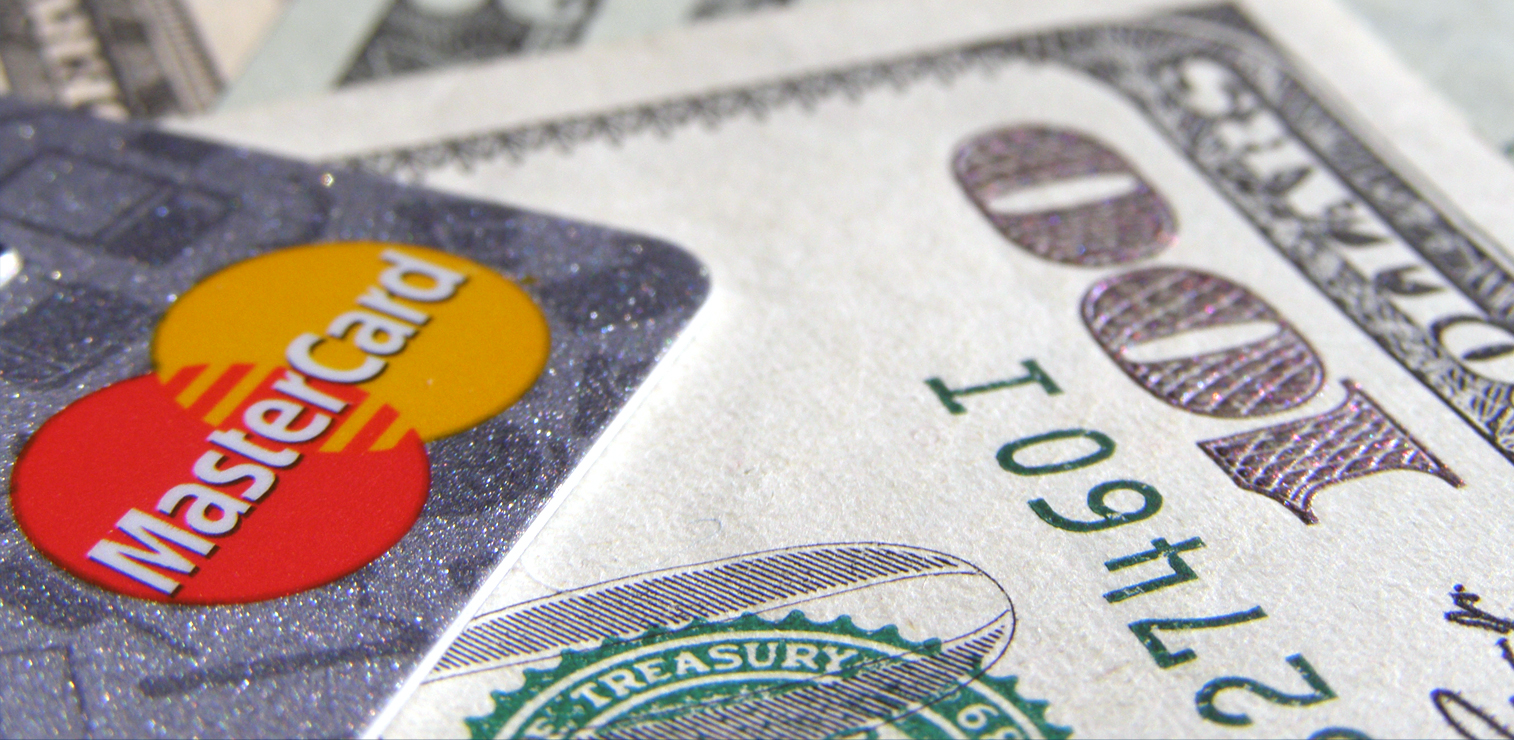Your business credit score is critical
Balboa Capital, a leading independent financing company that specializes in equipment leasing and small business loans, announced the results of its mid-2014 small business survey that was sent to over 450,000 small business owners and more than 35,000 equipment dealers throughout the United States. The July survey reveals that concerns about the US economy have decreased and that small business owners and equipment dealers plan to invest in their operations during Q3 and Q4.
That’s great news, but what are these companies doing to help or hurt their credit score so they can actually make those investments?
![]()
Balboa Capital has offered the following commentary, outlining the five common myths they say could be affecting your business credit score:
Not everyone understand how business credit works
As we all know, a good credit score is one of the most important aspects of financial stability. Lenders, landlords, insurers, and utility companies all examine this rating; therefore, failing to maintain a good credit score could put a strain on one’s financials. With so many misconceptions surrounding what helps or hurts a credit score, it can be difficult to separate fact from myth.
Even the most well-informed consumers do not fully understand how credit scores work and may still believe in some of the most common myths about them. The following guide will help clear up some of these credit score myths and provide tips to keeping your score in the best shape possible.
Myth 1: Checking your credit hurts your credit score
One of the most common beliefs about credit scores is that checking your own credit will lower your credit score. Fortunately, requesting a copy of your own credit report will not have an effect on your credit score. Your credit score is only impacted when the credit check is made for credit cards or loans.
This myth can be very dangerous to your credit score as it discourages you from monitoring your credit report. It is important to review your credit report periodically to identify and address any inaccuracies. Keeping an eye on your credit report will allow you to confirm that your payment performance is accurate and will enable you to remove any accounts that are falsely reported. Errors on your credit report can put a damper on your credit score and impact how lenders evaluate your credit worthiness.
Myth 2: Paying your bills on time is all that’s necessary to keep a good credit score
Many consumers believe that all they must do to keep a strong FICO score is pay their bills on time, but there is more to a good credit score than just a good payment history. Paying your bills on time accounts for just 35% of your credit score. The other 65% is comprised of the amount owed (30%), length of credit history (15%), new credit (10%) and type of credit (10%). It is important to take all of these components into account when reviewing your credit profile.
It is also important to note that your credit score is impacted by both positive and negative information on your credit profile. Late payments will have a negative effect on your score; however, if you improve your payment habits and consistently pay on time, you may see an increase in your credit score.
Myth 3: Lowing your credit limits helps your credit score
Asking your lenders for lower limits does not necessarily improve your credit score. In fact, maintaining substantial credit limits can actually help your score so long as you do not run up the debt to the maximum limit. When reviewing your credit profile, most lenders look for a fairly wide gap between the limit available and the actual amount of credit you are using.
As you know, your FICO score is based on a number of calculations. How much debt you owe makes up 30% of your score and can be calculated using your debt-to-available credit ratio. Debt is how much money you owe on all your credit cards, and the available credit is the sum of all the credit lines that are open. The lower your debt-to-available credit ratio the better your score. Therefore, if you reduce your credit limits but maintain the same debt, your debt-to-credit ratio will increase and can reflect negatively on your credit score.
For example, if you have $3,000 debt on your credit card with a limit of $10,000, you’re debt-to-available credit ratio is 30%. If you were to lower your credit limit to $7,500, you’re debt-to-available credit ratio
Myth 4: Closing a credit account can help your credit score
Closing credit cards does not help your credit rating. In fact, when you close an account your credit score may take a hit. Because the length of your credit history makes up roughly 15% of your FICO score, closing a credit card with a long payment history could be detrimental to your score.
If you stop using one of your oldest credit cards over a period of time, the card issuer may stop reporting updates on the account to the credit bureaus or close the account altogether. Even if the account still appears on your credit report, this long-standing credit account will not positively impact your score as much as it would if it were actively being used. The longer your credit history, the better. So it may be good for your score to keep an older account open and use the card at least once a month.
If you feel you must close an account, it is better to close the most recently opened cards first. For example, if you recently opened up a credit card to receive a discount, this would be the account to consider closing first.
Myth 5: Opening many credit cards is good for my credit score
Very often, many consumers believe having several active credit cards help improve their FICO score. However, the truth behind this myth depends on a number of factors. Depending on your overall credit history, opening several credit card accounts can actually hurt your credit score. For instance, having several credit cards with either high balances or high credit limits can have a negative effect on your credit score.
Regardless of the number of credit cards you have, whether 5 or 25, maintaining high balances can hurt your FICO score. To lenders, having high balances on credit cards indicates you may be a higher risk and this can impact whether credit is extended to you. Furthermore, having high debt-to-credit ratios on your open credit accounts will not help your credit score either. Overall, opening too many credit cards only affects your credit score if you don’t handle them properly.
The American Genius is news, insights, tools, and inspiration for business owners and professionals. AG condenses information on technology, business, social media, startups, economics and more, so you don’t have to.




































